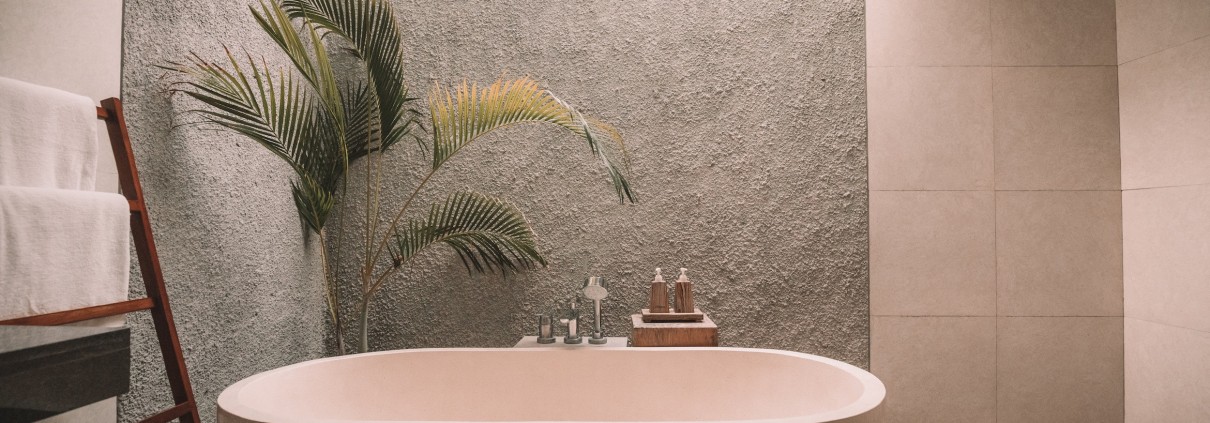Bathing Someone With Dementia
Oftentimes it can be difficult to figure out what someone with dementia is trying to communicate. Especially in the late stages, there can be a lot of frustration with communication. Each person is unique and it can take some trial and error to figure out what works or doesn’t work. One aspect of caregiving that can be particularly daunting is bathing. This process can be quite involved. This article will explore some strategies that you can use to ease the difficulties you might encounter while trying to clean your loved one.
Tips For Bathing Someone With Dementia
- Offer an incentive. If you feel that the reason a senior isn’t bathing is because they think they’ve already done it, or they just don’t see the importance of it, try associating the process with something they enjoy. Give them a fun incentive to cooperate.
- Prioritize safety and comfort. Make sure they feel safe and comfortable in the bathroom throughout the process. If the room tends to be cool, try to warm it up before bath time. If a shower is the best route to go for your loved one, be sure to install grab bars for extra stability when getting in and out of the stall. A comfortable shower chair and a hand-held shower head are worthwhile investments as well.
- Consider sponge baths. If a senior’s dementia is so advanced that they’re adamant about avoiding the bathroom, you may want to try a different tactic. When done correctly, a person can get clean with sponge baths, dry shampoos and no-rinse personal care products.
- Communicate while helping the senior bathe. Whether you are assisting in the shower or giving a sponge bath, it’s important to announce each step before you do it. The senior may not understand exactly what you are saying, but it will help keep them calm and included in the process.
- Respect the senior’s modesty. Many elderly people are understandably uncomfortable with the thought of someone else helping them bathe. Seniors are often more comfortable with someone else bathing them, both mentally and physically, if they can remain somewhat covered during the process. Many family caregivers have had success with keeping a robe or a towel draped on their loved ones and only briefly uncovering one area at a time for cleaning. This helps them stay warmer and feel much less exposed.
- Find a stopgap solution. A full bath or shower isn’t needed every single day, but there are certain areas of the body that warrant more frequent attention. A few quick passes with an adult-sized wet wipe under the arms each day and a thorough cleansing with a bidet attachment or a peri bottle (perineal spray bottle) after toileting can help a senior remain fresh in between full showers and baths.
Bathing can be a strenuous process for both the caregiver and an elderly person. When dementia is thrown into the equation, it becomes even more difficult. There are any number of reasons why a senior with dementia may become resistant to showering as the disease progresses. Understanding the underlying causes can help family caregivers better navigate these issues and help their loved ones stay as clean, healthy and comfortable as possible. Orchard at Brookhaven is committed to keeping our residents healthy and comfortable, even in challenging situations. Please contact us to learn more about our community.



